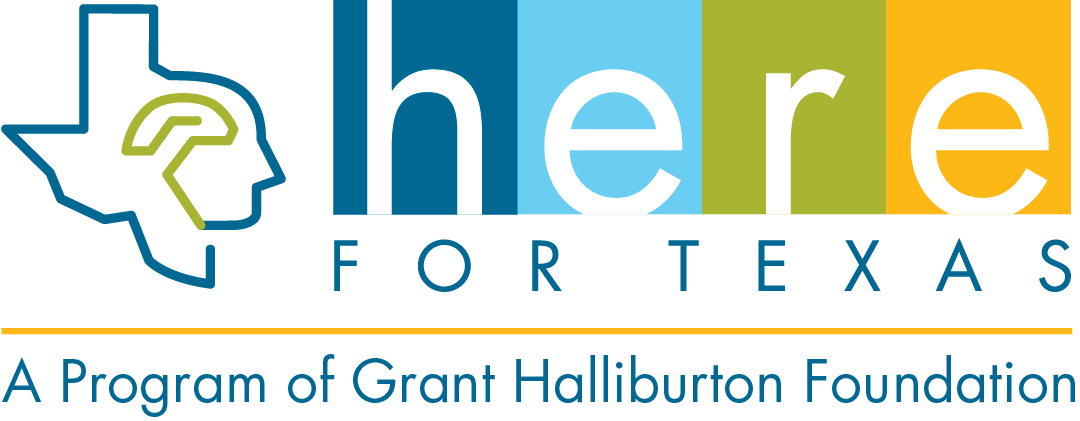Mental Health Information Websites
With just a few keystrokes, we now have access to more health and medical information than at any other time in history. Reliable medical information can help you become a more active participant in your own health care and work with your mental health professional to make informed decisions that promote good health.
Unfortunately, not all information on the internet is reliable. Some websites may post inaccurate or biased medical information, while others are outdated. The fact is, anyone can post health information on the web—medical professionals and non-experts alike.
All of which makes deciding which websites to trust a challenge. So, what should you look for when evaluating the quality of health information on the web?
Consider the Source
As a general rule, websites sponsored by federal government agencies are reliable starting points. Online mental health forums, not so much. In fact, believing information or following advice posted by nonprofessionals regarding mental disorders and treatments can be dangerous.
Here are some reliable credible online information about mental health:
American Academy of Child and Adolescent Psychiatry
American Psychiatric Association
American Psychological Association
Centers for Disease Control and Prevention (CDC)
MedlinePlus (U.S. Library of Medicine, National Institutes of Health)
National Alliance on Mental Illness (NAMI)
National Institute of Mental Health (NIMH)
Substance Abuse and Mental Health Services Administration (SAMHSA)
